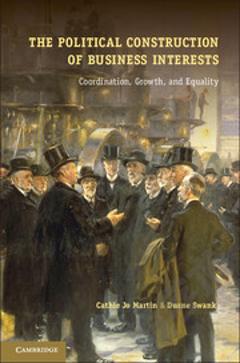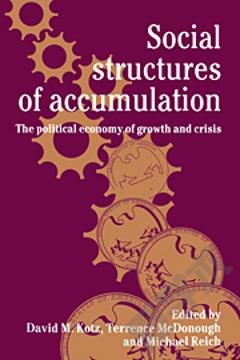The Political Construction of Business Interests: Coordination, Growth, and Equality
Introduction 1. Collective political engagement and the welfare state 2. The political origins of coordinated capitalism 3. The political origins of Danish employers' associations 4. British experiments in national employers' organization 5. Sectional parties, divided business in the United States 6. The origins of sector coordination in Germany 7. Twenty-first century breakdown: challenges to coordination in the post-industrial age 8. Institutional sources of firms' preferences for the welfare state 9. Employers, coordination, and active labor market policy in post-industrial Denmark 10. Employers, coordination, and active labor market policy in post-industrial Britain 11. The failure of coordination and rise of dualism in Germany 12. The political foundations of redistribution and equality Conclusion: 13. Social solidarity after the crisis of finance capitalism.
{{comment.content}}








 京公网安备 11010802027623号
京公网安备 11010802027623号